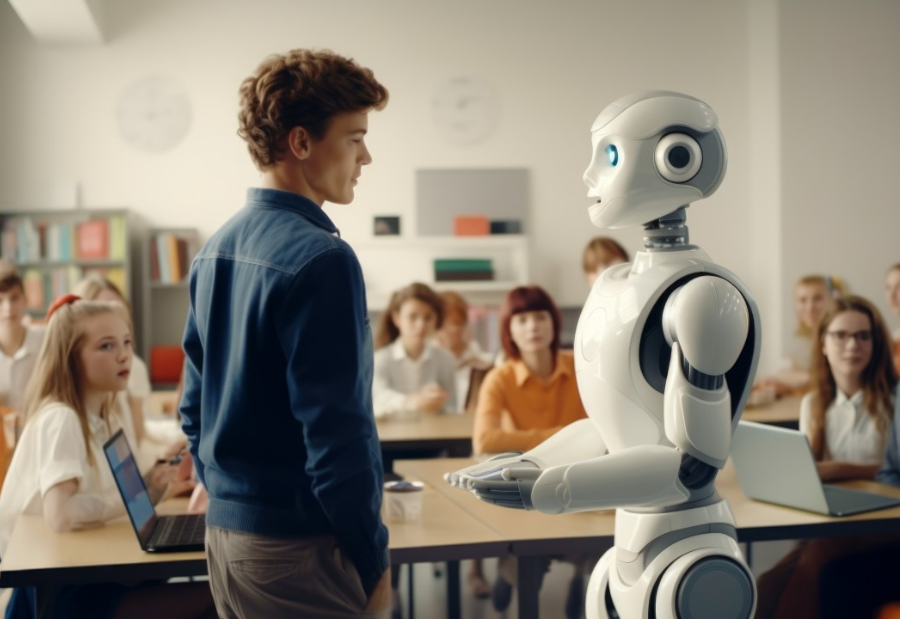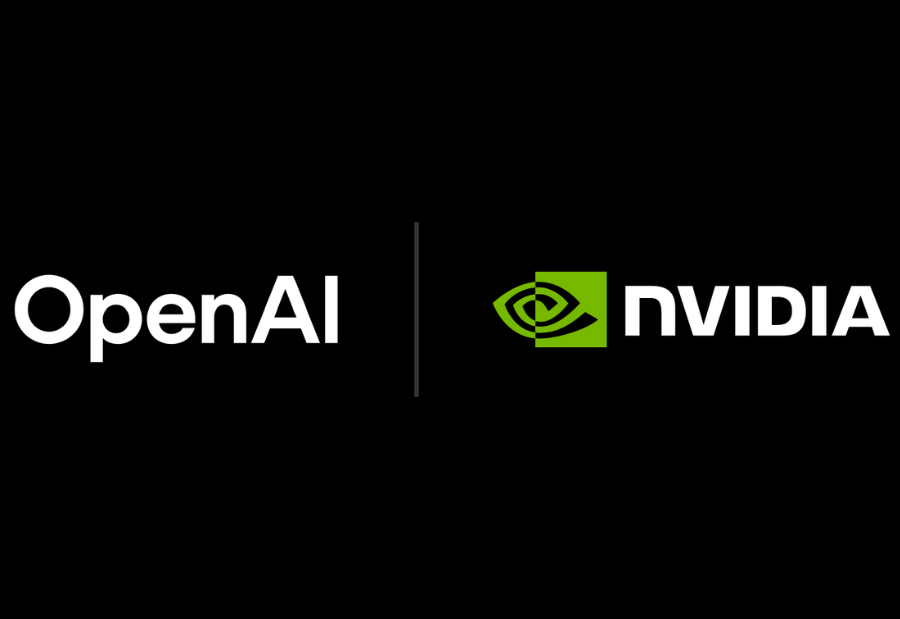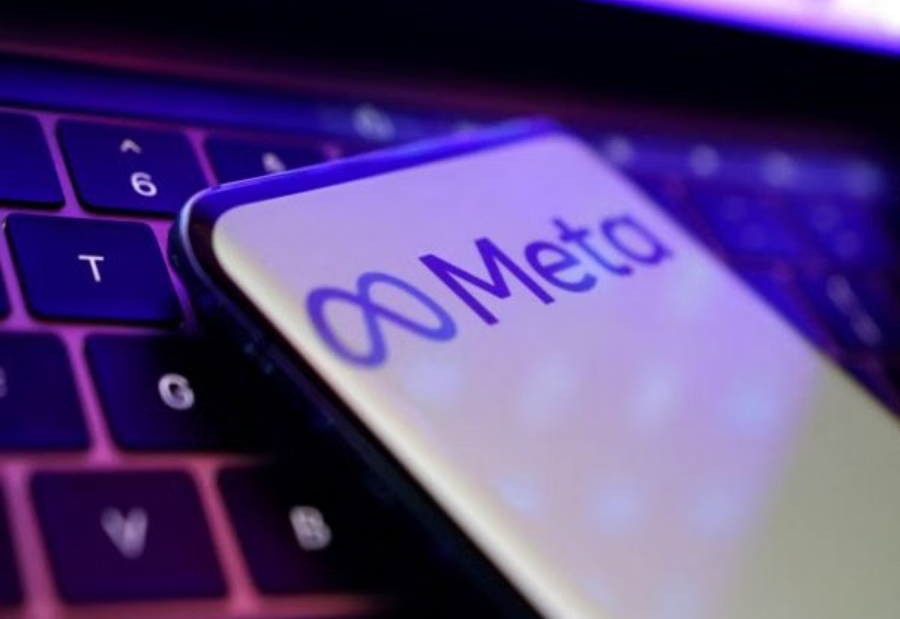The rise of generative AI is transforming classrooms in the United States, but not always for the better. What was once a relationship built on honesty, curiosity and dialogue between students and teachers is increasingly turning into a negotiation with machines. Assignments that once demanded effort can now be completed in seconds, weakening the link between hard work and achievement.
For many students, AI is not a debate about ethics but a matter of convenience. Rather than treating it as a tool for exploration, it is often used to bypass labour and automate entire assignments. This has created a culture where academic work feels transactional, focused on grades instead of deeper engagement with learning.
As students lean more heavily on AI, teachers are responding with detection systems to preserve integrity. However, these tools are far from perfect. They have been known to flag genuine work, particularly from non-native English writers, creating false accusations and damaging classroom relationships. In response, some students now archive drafts or record their writing process simply to prove their authenticity. The currency of trust, once central to education, is being replaced with suspicion.
The pandemic had already shifted education toward digital platforms, making learning feel more transactional. AI has intensified this shift, turning assignments and grading into a process with less room for human connection. Educators warn that conversations, questions and the intellectual exchange that once defined classrooms are being steadily hollowed out.
Experts suggest that the solution lies not in policing but in redesigning assessments to emphasise authenticity. Cheating, studies show, is most common when students feel disconnected or pressured. In response, some schools are testing handwritten submissions, oral examinations, draft checkpoints and peer reviews. These approaches encourage collaboration and make it harder to outsource thought to machines.
The spread of AI has also raised a deeper question: if machines can replicate student work, what is the true purpose of education? The answer, educators argue, may lie in reinforcing values no algorithm can replicate—trust, curiosity and human dialogue. Without them, classrooms risk becoming places where knowledge is produced like a commodity, rather than cultivated as an experience.
Also read: Viksit Workforce for a Viksit Bharat
Do Follow: The Mainstream formerly known as CIO News LinkedIn Account | The Mainstream formerly known as CIO News Facebook | The Mainstream formerly known as CIO News Youtube | The Mainstream formerly known as CIO News Twitter |The Mainstream formerly known as CIO News Whatsapp Channel | The Mainstream formerly known as CIO News Instagram
About us:
The Mainstream formerly known as CIO News is a premier platform dedicated to delivering latest news, updates, and insights from the tech industry. With its strong foundation of intellectual property and thought leadership, the platform is well-positioned to stay ahead of the curve and lead conversations about how technology shapes our world. From its early days as CIO News to its rebranding as The Mainstream on November 28, 2024, it has been expanding its global reach, targeting key markets in the Middle East & Africa, ASEAN, the USA, and the UK. The Mainstream is a vision to put technology at the center of every conversation, inspiring professionals and organizations to embrace the future of tech.




